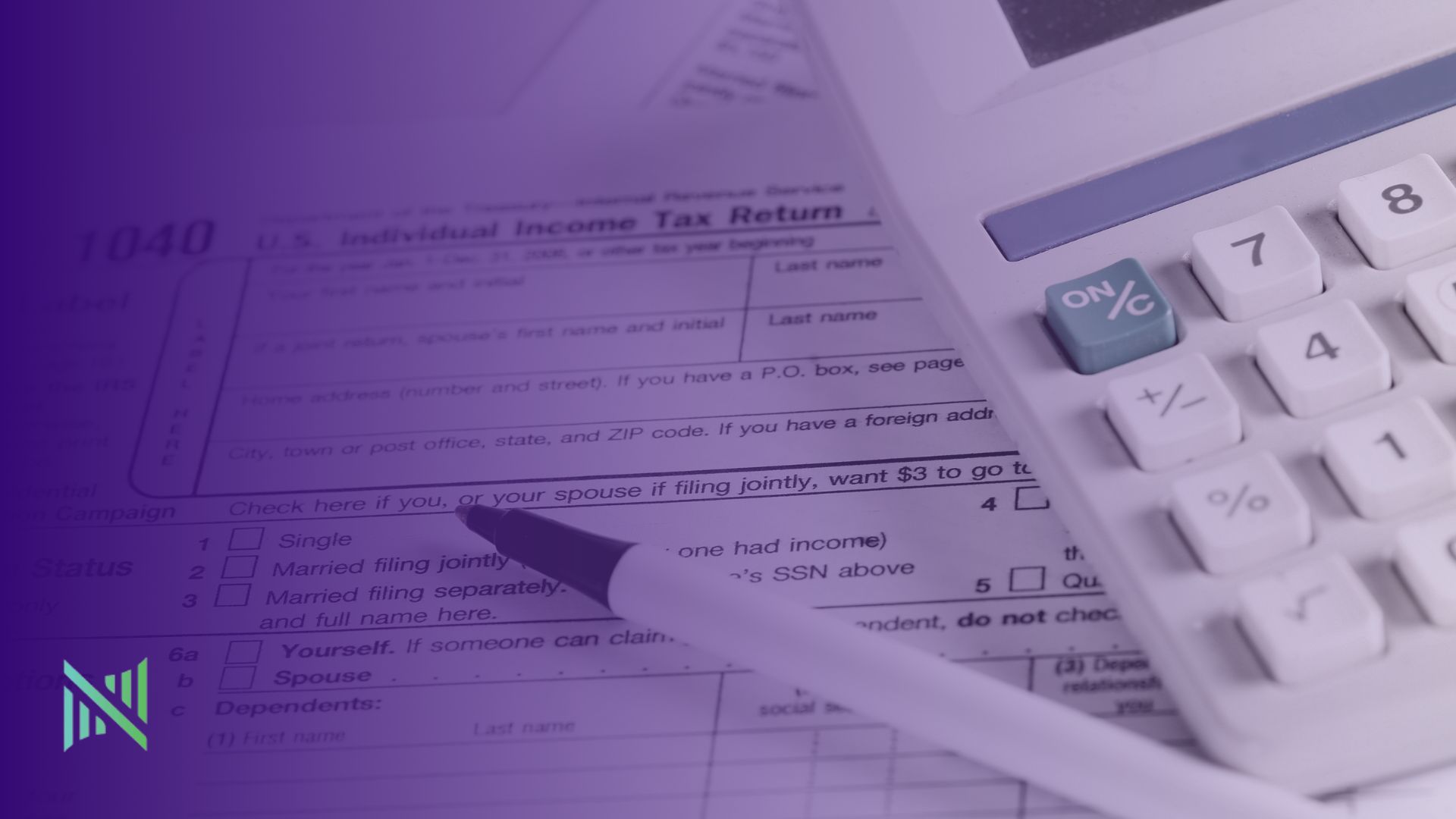
Get Ready for Taxes: What’s New and What to Consider When Filing in 2023
Ready to file your taxes and get the most out of your 2023 refund? Then pay close attention to these tips to get your tax refund as accurately and efficiently as possible! Here’s the scoop on a few important things for taxpayers to know this year.
1. New Reporting Rules for Form 1099-K.
In 2022, taxpayers who received third party (i.e. Venmo, PayPal, etc.) payments for goods and services that exceeded $600 will get a Form 1099-K, Payment Card, and Third Party Network Transactions by Jan. 31, 2023.
In regards to taxability of all income, there’s no change. This includes part time work, side jobs, gigs, or the sale of goods are all still taxable! Whether they get a Form 1099-K, Form 1099-NEC, Nonemployee Compensation, or any other information return, taxpayers are required to disclose all income on their tax return unless it is specifically exempted by law.
Prior to 2022, Form 1099-K was only provided for third party networks transactions if the total for the year was 200 or more transactions, and the total value of those transactions was at least $20,000. The reporting level for third party networks that handle payments for those conducting business was lowered under the American Rescue Plan Act of 2021.
Now, what if you received a single transaction that exceeded the $600 threshold? Well, that third party platform can require you to complete a 1099-K form. Additionally, money received through any third party payment network from friends and family as personal gifts or reimbursements for personal expenses is not taxable.
The IRS advises those in this category who might be receiving a Form 1099 for the first time to exercise caution and make sure they have all of their important income documents before filing a tax return. This advice is especially important for “early filers,” who typically file their tax returns in January or early February.
To avoid an amended tax return, please take extra time and effort to file your tax documents correctly. Taxpayers with untaxed income on a 1099 Form that isn’t reflected on the initial tax return could mean they need to submit a tax payment with an amended tax return.
If the information is incorrect on the 1099-K, taxpayers should contact the payer immediately, whose name appears in the upper left corner on the form because the IRS is unable to make any corrections to it.
2. 2019 Tax Credit Levels Are Making A Comeback
Taxpayers who are affected by this may receive a significantly smaller refund compared with the previous tax year. Changes include amounts for the Child Tax Credit (CTC), Earned Income Tax Credit (EITC) and Child and Dependent Care Credit.
- Those who received $3,600 per dependent in 2021 for the CTC will, if eligible, get $2,000 for the 2022 tax year.
- For the EITC, eligible taxpayers with no children who received roughly $1,500 in 2021 will now get $500 in 2022.
- The Child and Dependent Care Credit returns to a maximum of $2,100 in 2022 instead of $8,000 in 2021.
Visit Credits and Deductions for more details.
3. No “Above-The-Line” Charitable Deductions
Throughout COVID, allowed a maximum of $600 charitable donation tax deductions on taxpayers returns. Now in 2022, however, those deductions are no longer applicable. Those who take a standard deduction may not take an “above-the-line” deduction for charitable donations.
4. Premium Tax Credit: More Eligibility
For tax year 2022, taxpayers may still qualify for temporarily expanded eligibility for the Taxpayers may still be eligible for temporarily enhanced eligibility for the premium tax credit for the 2022 tax year.
5. Clean Vehicles Tax Eligibility Requirements Have Changed
Review the changes under the Inflation Reduction Act of 2022 to qualify for a Clean Vehicle Credit.
6. Get Your Refund Fast and Avoid delays: Understanding Refund Timing
There are various factors that can affect the timing of a refund after the IRS receives a return. The IRS warns taxpayers not to count on receiving a 2022 federal tax return by a specific date, especially when making significant purchases or paying payments, even though the IRS issues the majority of refunds in fewer than 21 days. If IRS systems identify a potential error, the return lacks information, or there is a suspicion of identity theft or fraud, some returns may need additional examination and may take longer to process.
Lastly, before mid-February, the IRS cannot issue refunds for people claiming the EITC or Additional Child Tax Credit (ACTC) because the law requires the IRS to hold the entire refund – not just the portion associated with EITC or ACTC.
7. Collect All of Your 2022 Tax Documents
The development of an organized record-keeping system by taxpayers, whether it be electronic or paper-based, is advised. This contains all year-end income records, such as Forms W-2 from employers, Forms 1099 from banks or other payers, Form 1099-K from third party payment networks, Form 1099-NEC for non-employee remuneration, Form 1099-MISC for miscellaneous income, or Form 1099-INT if you were paid interest.
Taxpayers should ensure that their tax records are totally complete before filing to help avoid errors that lead to processing delays or IRS letters.
8. Log In to Your Online Account
Taxpayers can securely access their personal tax information with an IRS Online Account, including tax return transcripts, payment history, specific notices, prior year adjusted gross income, and information about powers of attorney. To make sure their name and address re accurate, filers can log in. If their address changes, they must inform the IRS. A legal name change must be reported to the Social Security Administration in order to prevent a holdup in the filing of their tax return.
9. Fast Refunds Use Direct Deposit
Choose direct deposit for the fastest way to receive your tax refund! Direct deposit is quicker than waiting for a paper check in the mail, with the advantage of avoiding the possibility that the refund check could be lost, stolen or returned to the IRS as “undeliverable.”
Don’t have a bank account? Learn how to open an account at an FDIC-Insured bank or through the National Credit Union Locator Tool. Veterans should see the Veterans Benefits Banking Program (VBBP) for access to financial services at participating banks.
If you’re using a prepaid debit card or mobile banking app, then you would possibly receive a direct deposit of your tax refund. The only exception is that it must have both routing and account numbers associated with them that can be entered on a tax return. Please check with the mobile app provider or financial institution to confirm which numbers to use.
Use NextGen To Correctly and Efficiently File Your 2023 Taxes
Need help filing your tax return? NextGen has you covered! Visit us online or call us at 918-600-2299. Stay ready so you don’t have to get ready this tax season.



